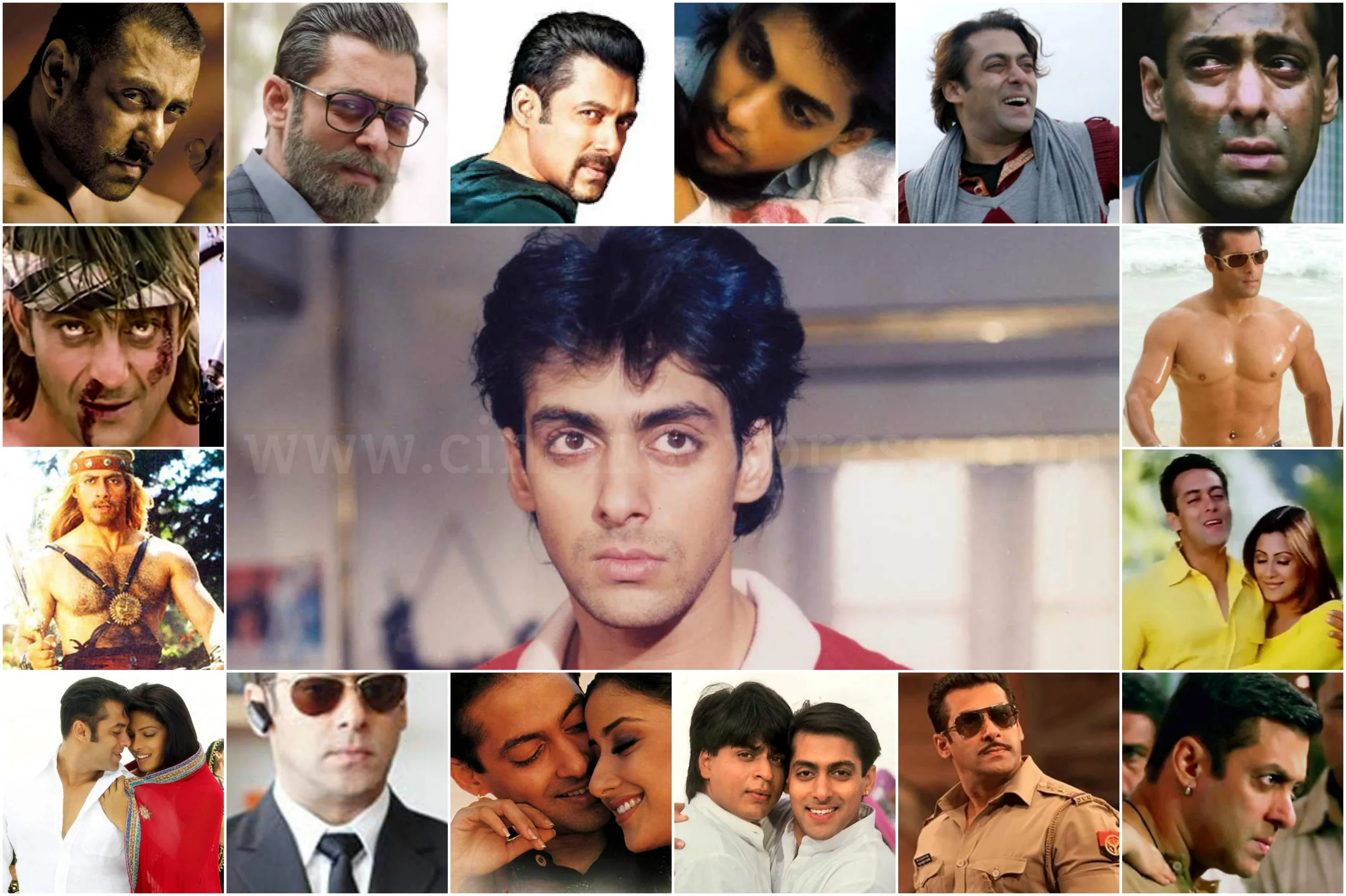Prakhar Dobhal, Pune
Salman Khan, a megastar in Bollywood, has worked there for 35 years. In the 1988 movie Biwi Ho To Aisi, which starred Rekha and Farooq Shaikh in the major roles, the actor made his acting debut in a supporting role.
‘Biwi Ho Toh Aisi’, which debuted 35 years ago today and gave Salman Khan his debut part in a Hindi film, has a scene in which he is dancing. or something like that. On a bed, he is moving his arms and legs about as a poster of Michael Jackson hangs on the wall in front of him. He is dressed in tight pants and a vest. His biceps are muscular, but not as rock-hard as they would be, and his hair is unkempt and shoulder-length. Nothing about his awkward debut, in which he comes across as just another Bollywood wannabe, hinted that he would go on to become one of the biggest stars in Hindi film.
Salman following up his completely awful debut with Sooraj Barjatya’s massive blockbuster “Maine Pyar Kiya” (1989), which rewrote the rules of young romance in Bollywood, is actually quite a coincidence—the type cinema gods enjoy. Prem, played by Salman, tells Bhagyashree’s simpering Suman, “Dosti ka ek usool hai, madam, no sorry, no thank you,” and that single statement virtually sealed the destiny of those who loved to mind their ps and qs for all time.
Salman’s success in “Maine Pyar Kiya” has propelled him to such stratospheric heights that, with the exception of a few legal battles and black bucks, he’s never truly recovered from it. Aamir, who also came from a well-known film family, had just had a big hit with the 1988 film “Qayamat Se Qayamat Tak.” Salman and Aamir would have to wait a few more years for Shah Rukh to join them with the 1993 film “Deewana” in order to create the enduring Khandom that has shaped mainstream Bollywood and held us in thrall ever since.
Salman was involved in a number of inferior knockoffs of MPK after that, each one worse than the last. If Barjatya hadn’t saved him with “Hum Aapke Hain Koun!” he would have fallen into obscurity. Although some mockingly referred to it as a lengthy “shaadi” video, the 1994 movie was a significant milestone that fundamentally altered Bollywood and had an influence that is still felt today.
With its popular song “Waah waah Ramji, jodi kya banaayi,” the movie established a clear social-religious hierarchy, with the’moonhboley’ Muslim ‘chaacha’ and ‘chaachi’ firmly relegated to the sidelines, leaving the center stage to be filled with a series of functions like mooh-dikhai, sagaai. We were unaware at the time, but HAHK would highlight the future dominating cultural space: 35 years later, small characters from minority religions have disappeared from our films unless they are villains or unnecessary.
This transition was sparked by a Muslim celebrity, which speaks to both the India of yesteryear and the nation it was morphing into. Salman, the son of Salim Khan, never made a big deal out of his faith while working on such masterpieces as “Sholay” and “Deewar” with Javed Akhtar. He was Muslim, like the other two Khans, but his hordes of followers didn’t care since, in their eyes, Bhai—as they affectionately refer to him—was the creator of everything. All he had to do was show up on TV wearing his distinctive blue bracelet.
